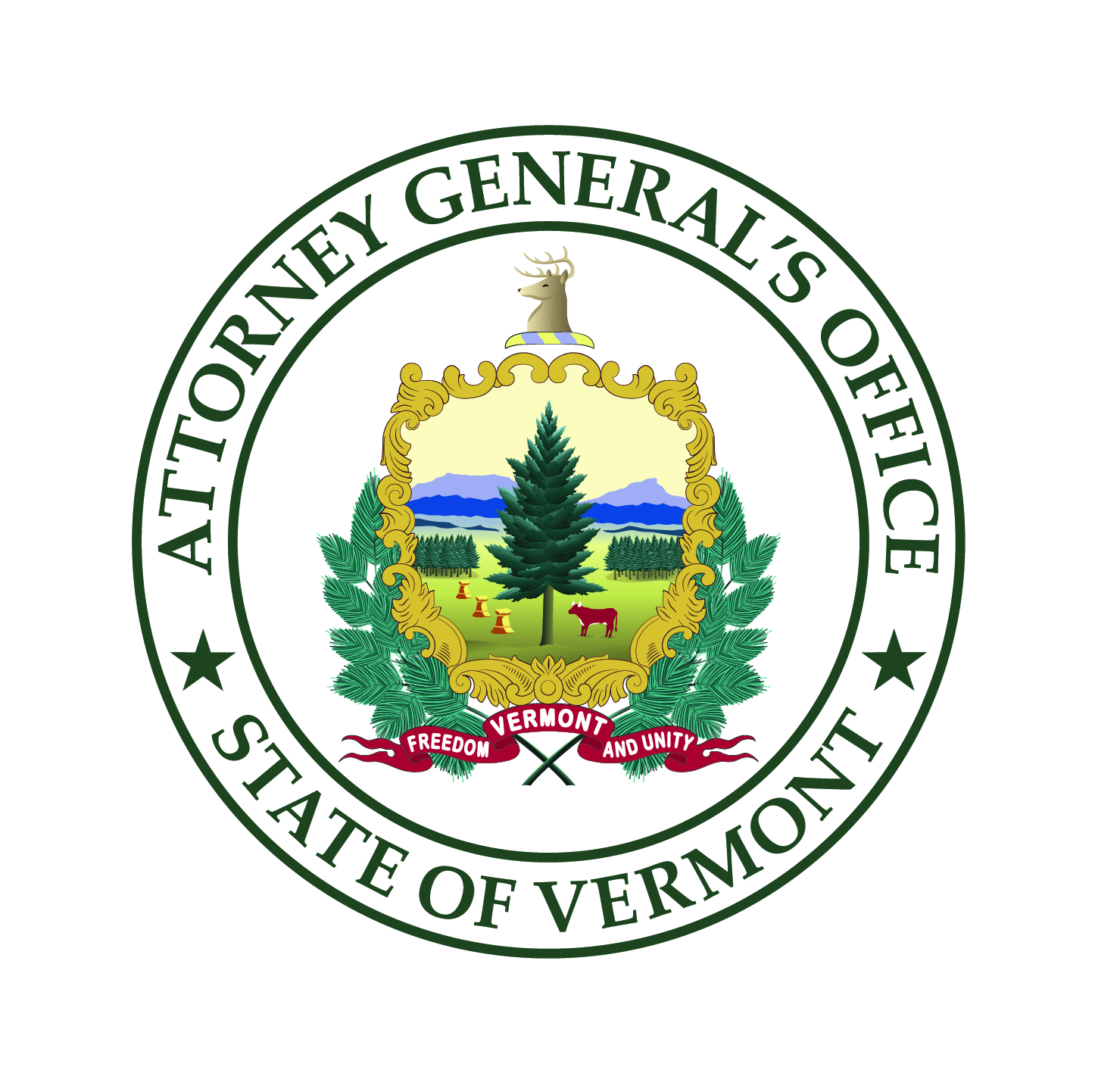Court Approval Required
Attorney General T.J. Donovan today announced a national settlement in principle with Purdue Pharma and its owners, the Sackler family, for their role in the opioid crisis, that will increase the amounts of funds paid by the Sacklers from $4.325 billion under the original bankruptcy plan to at least $5.5 billion. The settlement is subject to court approval.
The settlement funds, which could increase the total amount being paid by the Sacklers to up to $6 billion if certain conditions are met, will be used to fund opioid treatment and prevention. As part of the agreement, the Sackler family must provide a statement of regret and allow institutions to remove the Sackler name from buildings and scholarships. If approved, Vermont will receive an increase over the amount allocated to it in Purdue’s original bankruptcy plan—a plan that Attorney General Donovan objected to and appealed in December 2021.
“While this money will never be enough, it will help address the damage done by Purdue Pharma and the Sackler family,” said Attorney General Donovan. “The settlement agreement reached by the parties will provide funds for important opioid abatement services like treatment, recovery, and prevention for Vermonters.”
The settlement keeps intact provisions of the original Purdue bankruptcy plan forcing the company to be dissolved or sold by 2024 and banning the Sacklers from the opioid business. The original bankruptcy plan required Purdue and the Sacklers to make public over 30 million documents, and this too remains intact. The settlement announced today forces disclosure of additional records previously withheld as privileged legal advice.
Today’s settlement is the product of a court-ordered mediation, which began on January 3, 2022, under federal bankruptcy Judge Shelley C. Chapman. Vermont extends its gratitude for her tireless efforts in facilitating the mediation. The Bankruptcy Court extended the mediation four times. Settlement highlights include:
- The Sacklers must pay $1 billion above the original bankruptcy plan, as well as an additional $175 million which was previously conditioned on certain approvals, but which now must be paid on the bankruptcy effective date. The payments are spread over 18 years.
- The Sacklers must pay up to an additional $500 million in the event the sale of certain of their assets reach a specified benchmark.
- The Sacklers must issue a statement of regret for their role in the opioid epidemic and to the victims whose lives have been devastated.
- The Sackler family must allow institutions to remove the family name from buildings, scholarships, and fellowships.
- Responding to state requests, mediator Judge Shelley C. Chapman urged the Bankruptcy Court to require the Sacklers to participate in a public hearing where victims and their survivors would be given an opportunity to directly address the family.
- Purdue must make public additional documents previously withheld as privileged legal advice, including legal advice regarding advocacy before Congress, the promotion, sale, and distribution of Purdue opioids, structure of the Purdue Compliance Department and its monitoring and abuse deterrence systems, and documents regarding recommendations from McKinsey & Company, Razorfish, and Publicis related to the sale and marketing of opioids.
- States reserve their rights to oppose non-consensual, non-debtor releases in amicus briefs before the U.S. Supreme Court, should an appeal be heard there.
Vermont sued Purdue and members of the Sackler family in 2018 and 2019 respectively, alleging that the Sacklers directed Purdue’s strategy to sell their opioids via a deceptive marketing campaign that minimized the health risks of opioids, and claimed that prescription drugs were rarely the cause of abuse, addiction, or death. They reaped massive profits while opioid addiction skyrocketed.
Purdue Pharma filed for bankruptcy in September 2019. In 2021, the bankruptcy court approved a bankruptcy plan deemed inadequate by several attorneys general, including Attorney General Donovan, that granted a lifetime legal shield to the Sackler family, unlawfully blocking states like Vermont from pursuing claims against the family. The plan required the Sackler family to pay $4.325 billion over nine years to the states, municipalities, and plaintiffs that sued the company. Attorney General Donovan, along with the attorneys general of California, Connecticut, Delaware, Maryland, Oregon, Rhode Island, Washington, and the District of Columbia, objected to and ultimately appealed the plan. The United States Trustee, an arm of the Department of Justice, also appealed.
In December 2021, the U.S. District Court vacated the Purdue bankruptcy order, agreeing with the non-consenting states that the bankruptcy court lacked authority to force states to release their claims against the Sackler family. Purdue has appealed to the U.S. Court of Appeals for the Second Circuit, and its appeal will proceed. The settlement in principle is conditioned on approval by the Bankruptcy Court, on the Second Circuit’s reversal of the District Court’s order, and consummation of the bankruptcy plan.
Should the case land in the U.S. Supreme Court, Vermont reserves its right to continue its fight against non-consensual, non-debtor releases.
Contact: Lauren Jandl, Asst. Director of Communications, 802-828-3171

